Revocable trusts are a will substitute; they are an effective way to avoid probate and can provide for asset management in the event of incapacity. In addition, revocable trusts—sometimes referred to as “living trusts” or “revocable living trusts”—are incredibly flexible and can achieve many other goals, including tax, long-term care, and asset-protection planning.
A trust is a legal arrangement through which one person (a “trustee”) holds legal title to property for another person (the “beneficiary”). As the creator of a revocable trust you would be referred to as the “grantor,” “settlor,” or the “donor.” While you are alive, you are a beneficiary of the trust and can also serve as either the sole trustee or as one of a number of co-trustees. The trustee manages the assets in the trust, which can include real estate, bank accounts, investments, and tangible property (such as fine art) under the terms set forth in the trust document.
Whatever you place into trust during your life will pass to your beneficiaries at your death without going through probate, avoiding the cost, delay and publicity of probate. In addition, in the event of incapacity, a co-trustee can step in and manage the trust property without any fuss. While you can also accomplish this through a durable power of attorney, banks and other financial institutions are much more comfortable with trusts. They have been known to reject durable powers of attorney that are more than a few years old or to require that the drafting attorney certify that the power of attorney has not been revoked.
The secret to making revocable trusts work is to fund them. This means retitling assets, whether real estate, bank accounts, or investment accounts, in the name of the trust. All too often, attorneys draw up estate planning documents, advise clients to fund their trusts, and then nothing happens. Trusts have no relation to assets that are not retitled. However, executing a “pour-over” will along with your trust, saying that at your death all of your assets will be distributed to your trust, your wishes as to the ultimate distribution of your estate will be carried out. You just won’t avoid probate and will not have as strong protection in case of incapacity.
Your bank and or financial advisor can assist you with retitling your accounts into your trust. Depending on the institution, you might be able to change the name on an existing account. Otherwise you will need to open a new account in the name of the trust and then transfer the funds. The financial institution will probably require a copy of the trust; however, if you prefer more privacy, many states require financial institutions to accept a certification of trust (a short document, typically signed by the trustee, that details the trust’s essential terms and certifies the trustee’s authority without revealing private details of the trust). As long as you are serving as your own trustee or co-trustee, you can use your Social Security number for the trust. If you are not a trustee, the trust will have to obtain a separate tax identification number and file a separate 1041 tax return each year. You will still be taxed on all of the income and the trust will pay no separate tax.
You will need to execute a deed to transfer real estate into the trust. If you intend to refinance your property or take out a line of credit, do so before deeding the real estate into your trust. In most instances, banks and other lenders require that you remove the property from the trust and put it back in your name before signing any new mortgage papers. Depending on your state, you might also need to redo a homestead declaration after transferring property into a revocable trust.
The following are some of the issues revocable trust documents cover, as well as decisions you might need to make:
- When does the successor trustee take over?
- How do you define the incapacity of a trustee?
- What can the trust invest in?
- May the trust pay the debts of your estate?
- If there’s an absence of trustees for any reason and you are not available, who appoints the new trustee? Do you want to require that new trustees have any particular qualifications?
- Do you want to give anyone else the right to remove trustees?
- What accounts or statements, if any, must the trustee provide to beneficiaries?
- Do you want distributions to be made to beneficiaries under age 18, or just made on their behalf? Would you prefer the trustee to continue managing the funds until your children or other beneficiaries reach, say 25 or 30? You can also provide for partial distributions at various ages.
- What powers should the trustees have?
These and more issues need to be decided for all trusts. More complex trusts designed for tax and asset protection purposes present even more choices and get even longer and more complex.
If you are interested creating a revocable trust, Jayde Law can help. We enjoy helping our clients create estate plans that protect the people they love and the legacy they have created. Give us a call today to schedule an appointment, to learn about our process, and to receive answers to any questions you may have.


